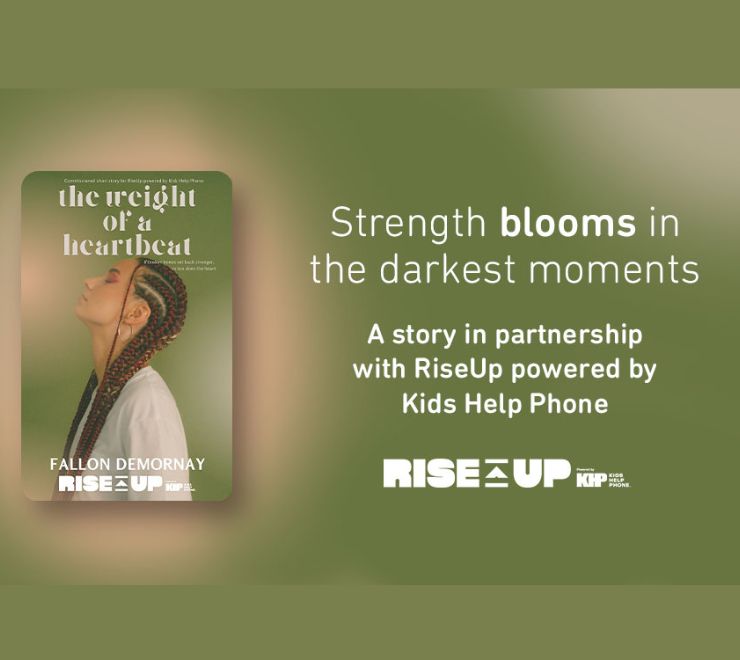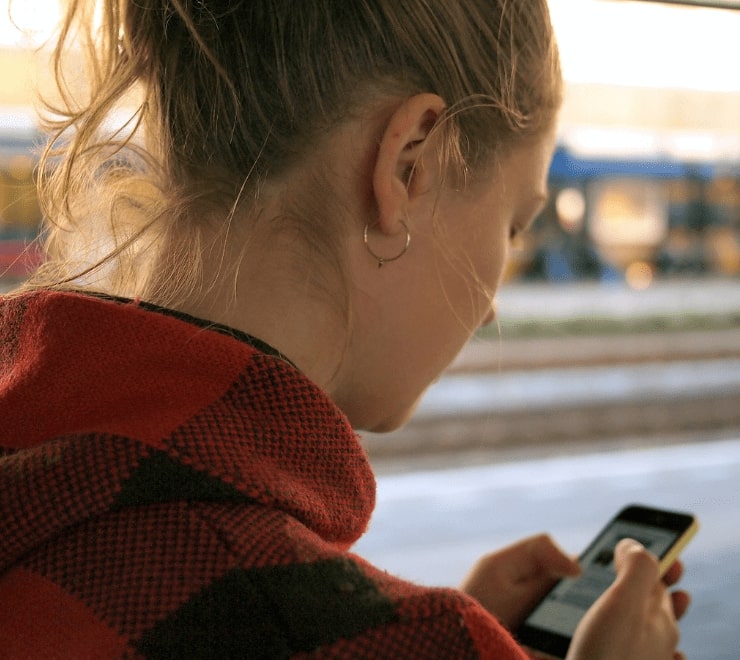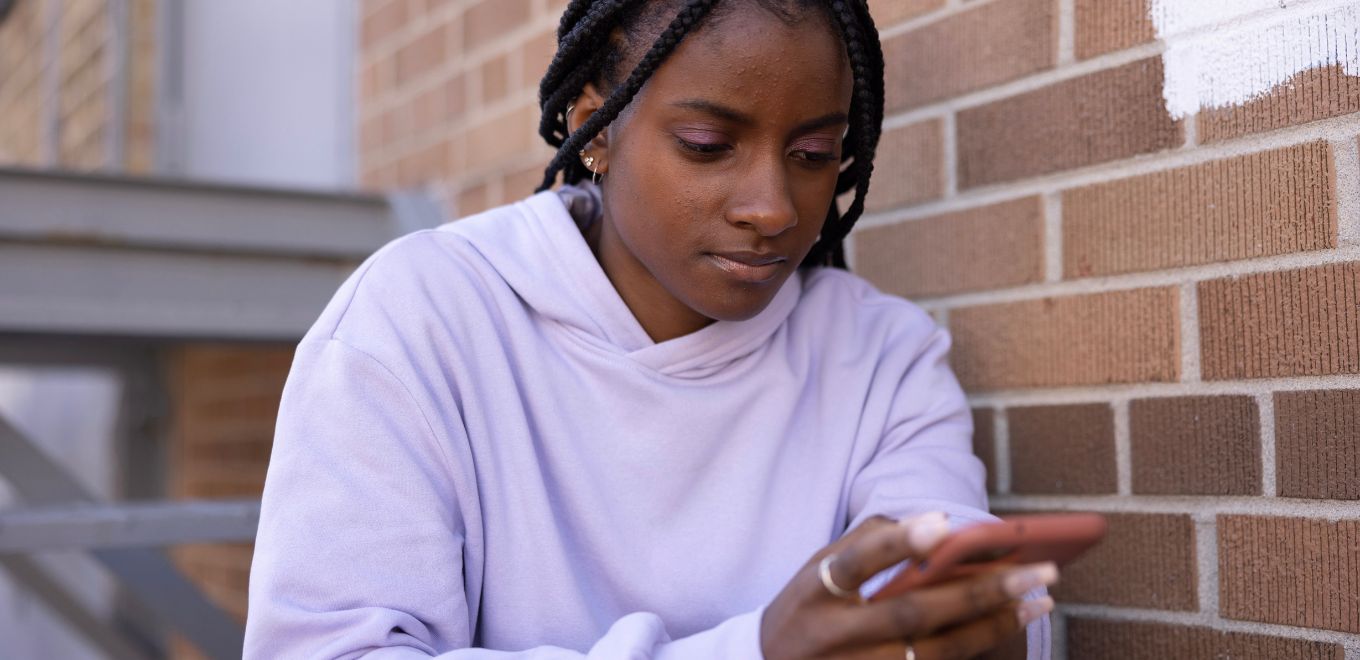Everyone has different beliefs, experiences, abilities, appearances and more. However, certain people and groups are more likely to experience stereotypes, prejudice and discrimination.
They may be targeted because of their:
- abilities
- age
- economic status
- ethnicity and/or race
- gender identity or expression
- national origin
- physical appearance
- religion
- sexual orientation
- etc.
Stereotypes, prejudice and discrimination often come from:
- inequalities in society
- ideas learned about other people/groups from family members, friends and/or the media
- not spending a lot of time with people who are different from you in some way
- not being open to different ideas and ways of living
A stereotype is an assumption
A stereotype means assuming that a group of people who share some characteristics also share certain attributes. In other words, when someone assumes something about you because of one part of your identity. Stereotypes are often:
- negatively impactful
- overly simplistic
- dangerous
- unfair
Prejudice is a belief
Prejudice is when someone has a belief (usually negative) about a person or group based on a stereotype. The belief is usually based on a person’s membership (or assumed membership) in a certain group. Prejudice also divides people based on stereotypes. Examples include:
- Ableism: negative attitudes based on physical and/or mental abilities.
- Cissexism: negative attitudes toward people who don’t identify with the sex they were assigned at birth.
- Homophobia: negative attitudes toward members of the 2SLGBTQ+ community.
- Racism: negative attitudes based on race, ethnicity and/or culture.
- Sexism: negative attitudes based on gender identity, gender expression and/or sex assigned at birth.
- Xenophobia: negative attitudes based on national origin/country.
Discrimination is an action
Discrimination is when someone acts on their prejudiced beliefs. It can also be systemic, like the policies and practices put in place to assimilate First Nations, Inuit and Métis peoples. Examples of discrimination include:
- a manager promoting a cisgender employee over a transgender employee whose performance is stronger
- a racialized youth being monitored without cause while shopping in a store
- a health-care provider refusing to treat/diagnose a patient who is part of a particular racial/ethnic group
What are the negative effects of stereotypes, prejudice and discrimination on mental health?
People may experience mental ill-health and other challenges as a result of stereotypes, prejudice and discrimination. People who are the targets of stereotypes, prejudice and discrimination may:
- have low self-esteem
- experience mental disorders such as anxiety, depression or post-traumatic stress disorder (PTSD)
- begin to believe negative stereotypes about themselves
- experience intergenerational trauma
- feel like they lack control of their own life
- experience issues at school and/or work (e.g. bullying, harassment, etc.)
- start to lose hope in the future
- experience loneliness and isolation
- feel like they’re unable to trust others
- experience physical effects (e.g. trouble sleeping, etc.)
What can I do about stereotypes, prejudice and discrimination?
You can help reduce stereotypes, prejudice and discrimination. Here are some ways you can take a stand:
- reflect on your own ideas and actions to see if you have prejudiced attitudes or act in discriminatory ways (either on purpose or unintentionally)
- don’t laugh at jokes that are based on stereotypes
- refuse to watch movies, read books, play video games or participate in activities promoting negative attitudes toward certain groups of people
- challenge peers/family who express prejudiced beliefs, if it’s safe to do so (you could share this article with them as a starting point)
- support organizations that help address the root causes and effects of stereotypes, prejudice and discrimination
If you have questions about stereotypes, prejudice or discrimination, you can talk to a safe adult for support.












